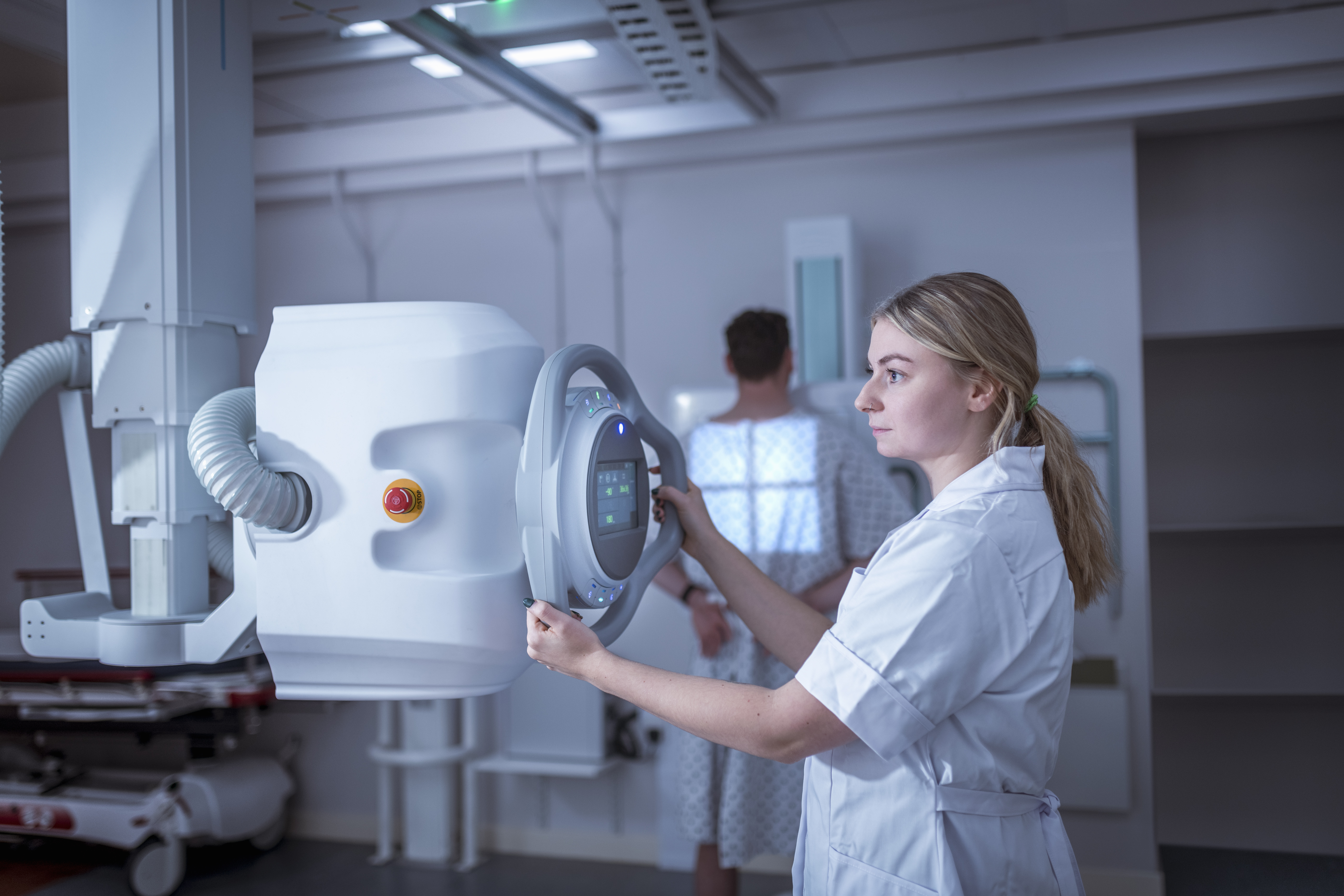
The release of the 2023 NHS staff survey shows slight improvements in employees’ views of their working conditions, but overwhelmingly shows employees are “overstretched, overworked, underpaid and increasingly burnt out”.
Around third (32.4 per cent) of those surveyed say there are enough staff at their organisation to do their job properly, which is up from 26.39 per cent in 2022. While 31.2 per cent say they are satisfied with their level of pay, up from 25.61 per cent in 2022.
But nearly three-quarters (73.75 per cent) of employees said they faced unrealistic time pressures.
Meanwhile just under a third (30.38 per cent) felt burnt out because of their work and 29.75 per cent feel they do not have enough energy for family and friends during leisure time.
Dean Rogers, executive director of industrial strategy and member relations for the Society of Radiographers, said: "It would be easy to be taken in by the fact that the latest NHS staff survey shows slight improvements in employees’ views of their working conditions.
"However, we should not let what amounts to a very incremental increase distract from the overwhelming finding that NHS employees are overstretched, overworked, underpaid and increasingly burnt out."
The 2023 NHS Staff Survey, published on 7 March, offers insight based on the experiences of more than 700,000 members of staff in the health service.
Of the 1.4 million NHS workers invited to complete the survey, 707,460 responded.
The survey has been conducted every year since 2003 with the aim of improving working conditions for NHS staff. It is one of the biggest workforce surveys in the world.
'An unhealthy place to work'
Mr Rogers said: “These are not findings that bode well for the NHS. These findings also mirror what our members are saying to us. There are acute shortages in radiography departments.”
The average vacancy rate for radiography has risen to 13.4 per cent. A recent survey of SoR members revealed that 82 per cent could only fill their departmental roster with regular overtime shifts, because of staff shortages.
“Radiographers are working well beyond their contracted hours, often with no break,” Mr. Rogers added. “Members tell us that they arrive at work an hour early and leave an hour late – sacrificing personal time – to make up for staff shortages in their department. When they do leave work, they are often too tired to give their children the attention they deserve.
“They also talk about being underpaid. One radiographer still lives with his parents, because he cannot afford to move out; another could not afford to visit her sister’s newborn baby. It is deeply ironic that the NHS – which is dedicated to making patients healthy – has become such an unhealthy place for many to work.”
'Workplace culture is the biggest inefficiency'
In theSpring Budget announced by Chancellor Jeremy Hunt on Wednesday (6 March ), emphasis was placed on NHS efficiency – however, Mr. Rogers explained that “workplace culture is the biggest source of inefficiency in the NHS”.
“Incremental change will not tackle the crisis that the NHS now faces," he added.
"Only significant investment in healthcare workers will ensure that patients are seen by staff who are happy, well-rested and not forced to fit too much work into too few hours. Our members deserve better. Our patients deserve better.”
Additionally, the survey found in the last five years there has been a gradual increase in the percentage of NHS staff claiming to have experienced discrimination at work. Experience of discrimination from patients or the public is up from 7.2 per cent to 8.48 per cent since 2019, while discrimination from staff is up from 7.68 per cent to 9.07 per cent.
Full survey results can be found here.
(Image: Monty Rakusen, via GettyImages)
